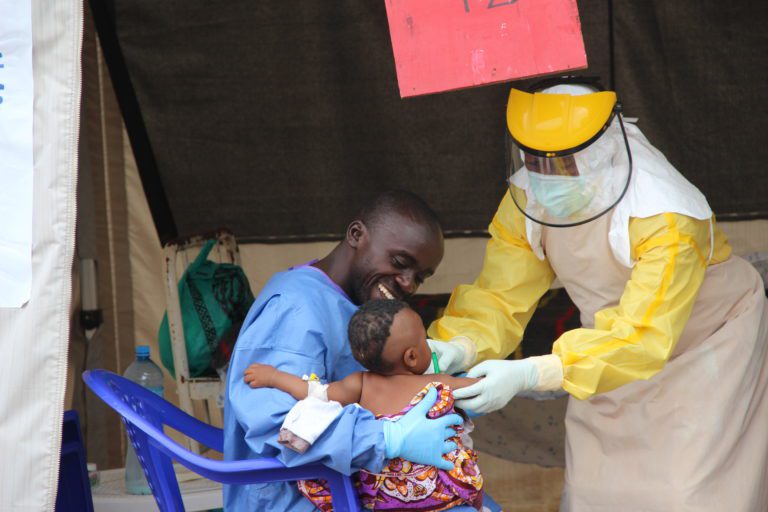
Wemba’s Story: “I knew my journey with Ebola wasn’t over yet”
Kikopa “Wemba” Kambale used to work in the forests of the Democratic Republic of Congo’s Ituri province, chopping wood, to

Kikopa “Wemba” Kambale used to work in the forests of the Democratic Republic of Congo’s Ituri province, chopping wood, to
Admiration. Joy. Fear. Sadness. Pride. Emotions were high during the week I spent with the team at ALIMA’s Ebola Treatment
Each day, for more than a week now, Maurice has come to visit his wife at the Beni Hospital, in
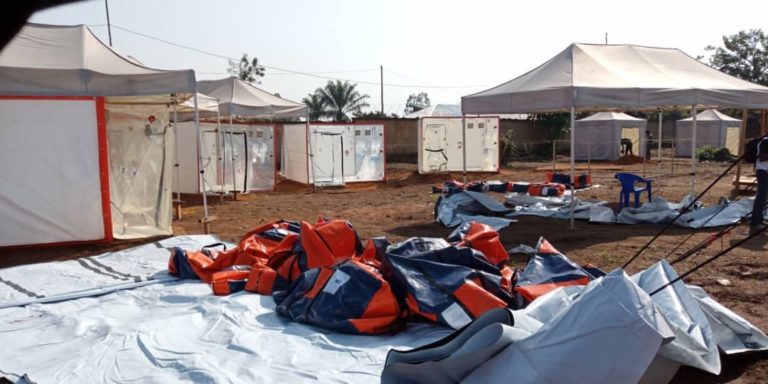
Dakar/Kinshasa – Following the declaration of the second outbreak of Ebola this year in the Democratic Republic of Congo (DRC),
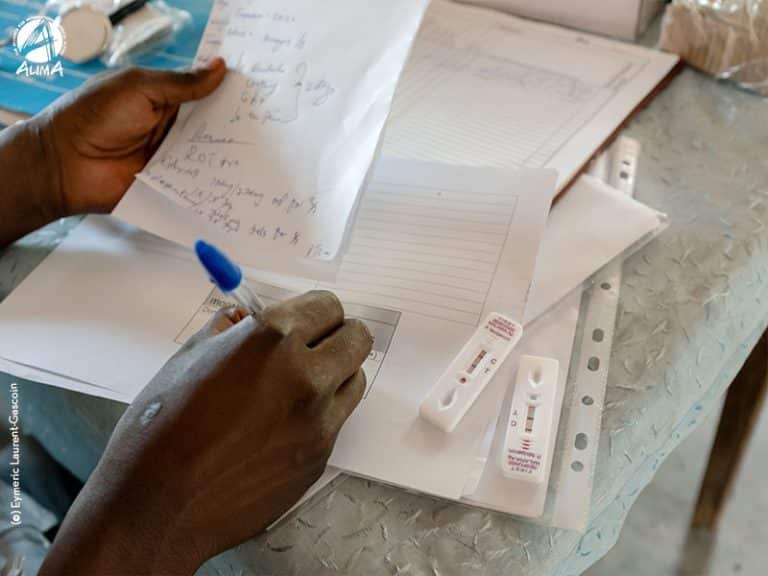
Rainy season is well underway in South Sudan. And with the rains, come mosquitoes. With mosquitoes, comes malaria.
Dakar/Paris, June 18 2018. The medical humanitarian organization ALIMA (The Alliance for International Medical Action) will open an Ebola treatment
Following the confirmation of multiple cases of Ebola, a team from ALIMA is currently conducting an evaluation to determine the
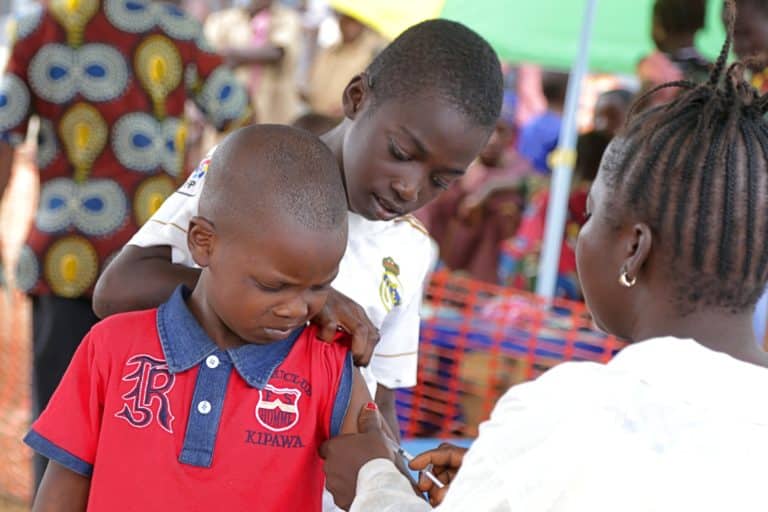
In sub-Saharan Africa, the fight against infectious disease is a major public health challenge, with deadly consequences. Vaccinations remain one
On the occasion of World Immunization Week, ALIMA takes a look at measles, one of the world’s most contagious diseases.
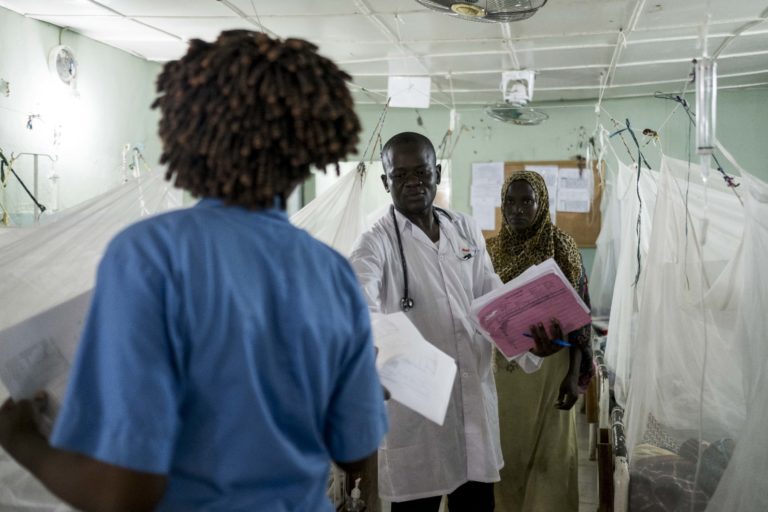
On the occasion of World Malaria Day on April 25, ALIMA (The Alliance for International Medical Action) continues to prevent,
We offer country-specific donation forms to give you access to local payment options and tax benefits.
Please wait while you are redirected to the right page...